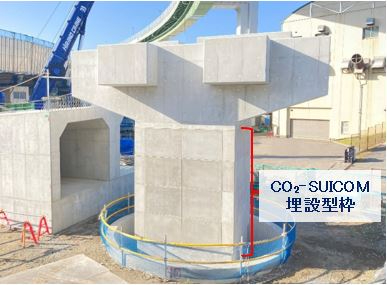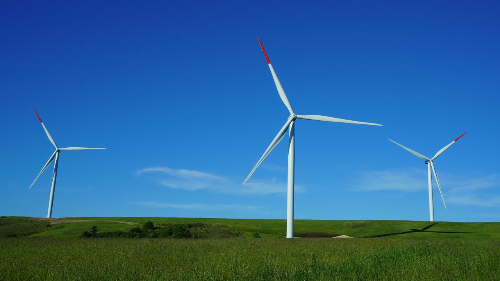J-STORIES ー コロナ禍で手洗い需要が増える中、水道につながなくても手軽に設置できる再生型手洗いスタンドの導入が飲食店などに登場している。排水の約98%を循環して再利用できる独自の水処理技術が使われており、日本だけでなく、今後、世界各地で深刻化しかねない水不足問題を解決する有効な手段として期待されている。
経済協力開発機構(OECD)によれば、2050年には世界人口の40%以上にあたる39億人が深刻な水不足に見舞われる可能性があり、世界気象機関(WMO)は地球温暖化や人口増などによって、2050年に世界で50億人が水不足に陥ると警鐘を鳴らしている。日本でも大地震などの災害時に生活用水の不足が大きな問題になったことは記憶に新しい。
ドラム缶型手洗いスタンド「WOSH」を開発したWOTA(東京都中央区)は、こうした地球上の水問題に取り組むスタートアップ企業。「水処理自律制御技術」「小規模分散型水循環システム」という独自技術を開発、実用化した。
-2.jpg)
通常、大規模水処理場で行われている高度な水処理は、職人が経験やカンによって水質判断を行なっている。同社が開発した水処理自律制御技術は、独自のセンサーとAI技術によって同等の処理をコンパクトな設備で可能にした。
同社はこの技術を活用し、2019年に災害時やイベント、キャンプ時のシャワーなどに使うことができるポータブルの水再生プラントWOTA BOXを製品化した。100リットルの水で約100回の使用が可能だ。

2020年に開発したドラム缶サイズの手洗いスタンドWOSHは、コロナ禍での清潔需要の高まりに対応、20リットルの水で500回ほど手洗いができる。すでにマクドナルドやスターバックスなどの飲食店、イトーヨーカドーなどの商業施設でも導入されている。
同社は、今年3月には水と衛生の社会課題解決に向けて花王と業務提携、出資を得ている。4月には不安定な水供給に課題を抱えるカリブ海の島国、アンティグア・バーブーダ政府と水問題解決に向けて合意。小規模分散型水循環システムによる調査、実証を行う。
新しい試みとしては、軽井沢の個人宅に「住宅規模の全排水再生循環利用に対応した小規模分散型水循環システム」を導入。上下水道に接続せず、雨水を使用することにより、一般住宅で全ての生活排水を循環させるプロジェクトが進行中だ。

また、10月には水道事業に難航している東京都利島で、ソフトバンクらともに水道、電気、通信などを自給自足できる「オフグリッド居住モジュール」の検証に合意。将来的には、離島や過疎地域などでもインフラ整備を必要としない水供給システムの導入をめざしている。
記事:嵯峨崎文香 編集:北松克朗
トップ写真:stokkete/Envato
この記事に関するお問い合わせは、jstories@pacificbridge.jp にお寄せください。
***
***
本記事の英語版はこちらからご覧になれます。
***
この記事はJ-STORIESの独自取材に加え、以下のサイトの情報を参考にしています。




_smallthumbnail.jpg)






![[PODCAST] 日本新科技助攻不孕症治療(Part4)](https://storage.googleapis.com/jstories-cms.appspot.com/images/1768443226894unnamed-5_bigthumbnail.jpg)








![[PODCAST] 如何打造成功的新創企業社群(第2集)](https://storage.googleapis.com/jstories-cms.appspot.com/images/1748493203370business-man-holding-light-bulb-social-network-2024-10-31-22-37-36-utc_smallthumbnail.jpg)


